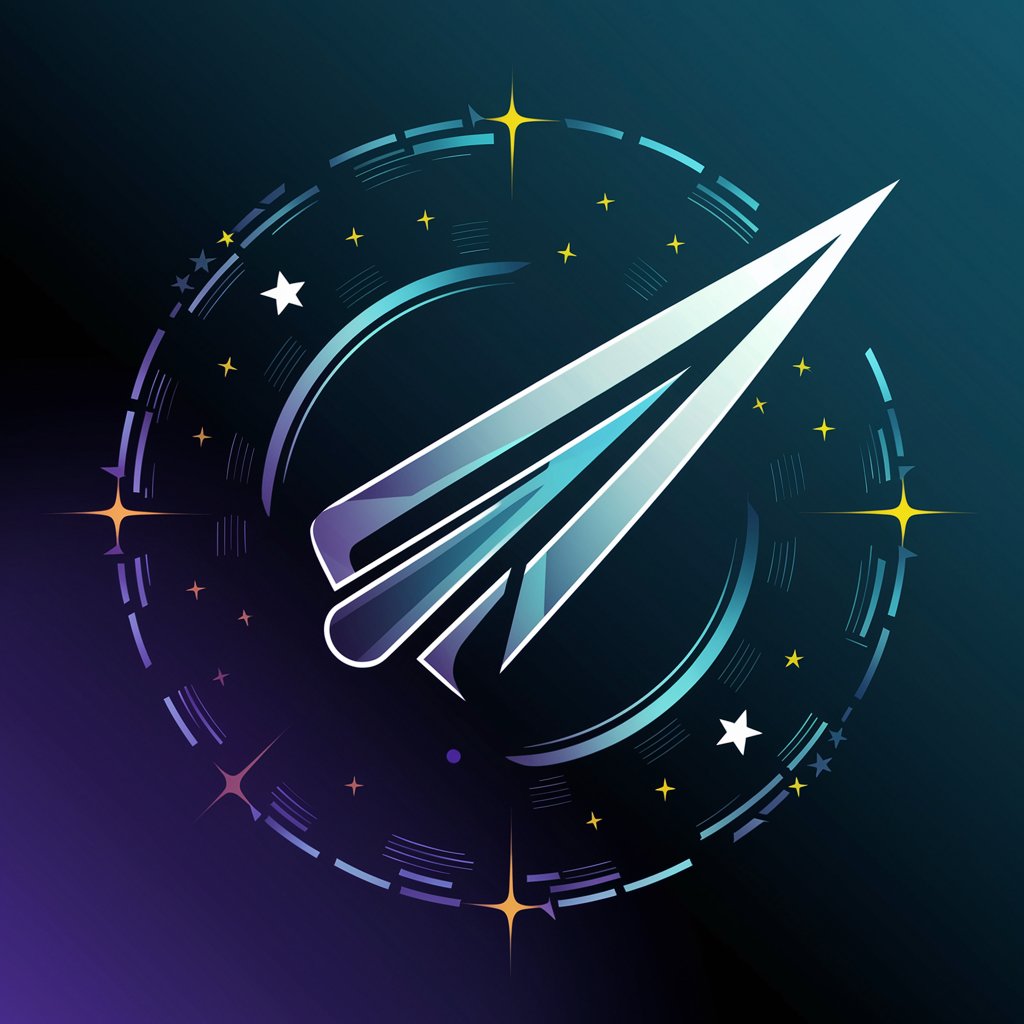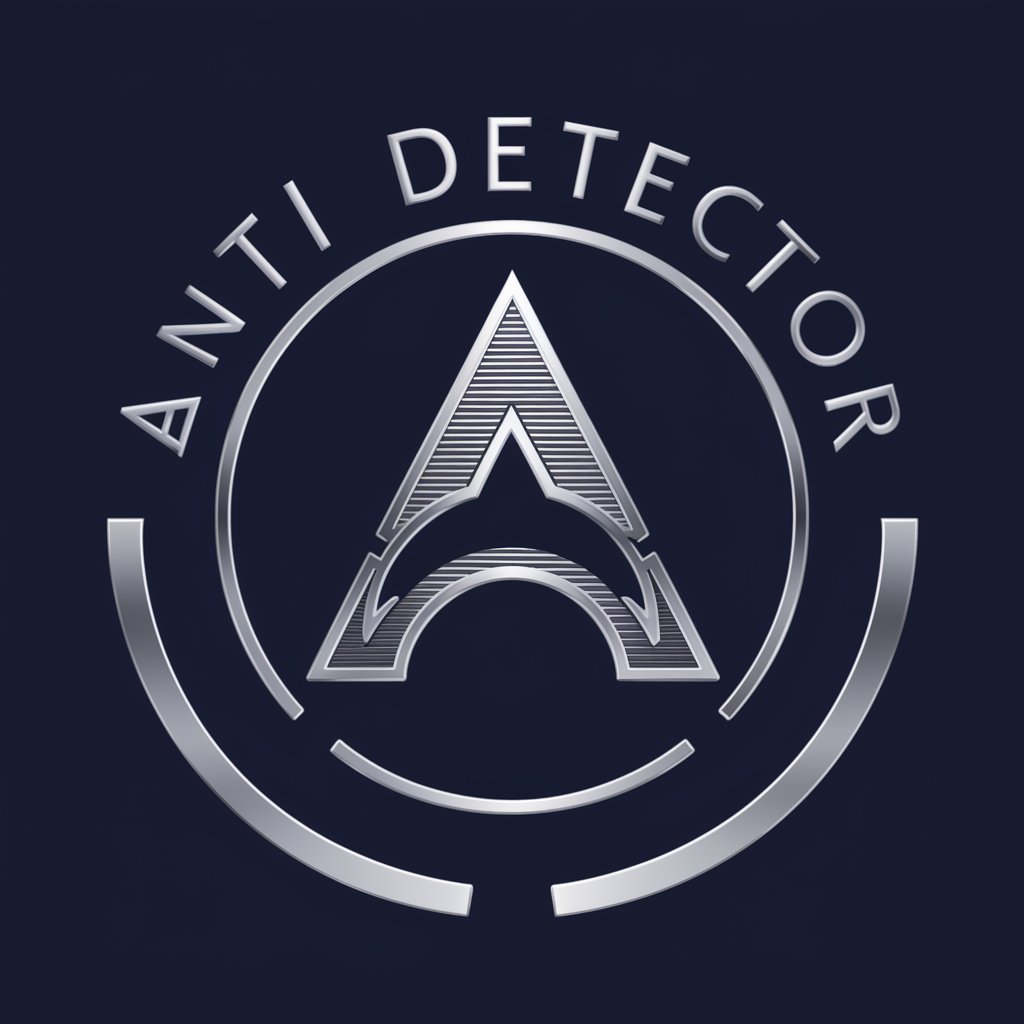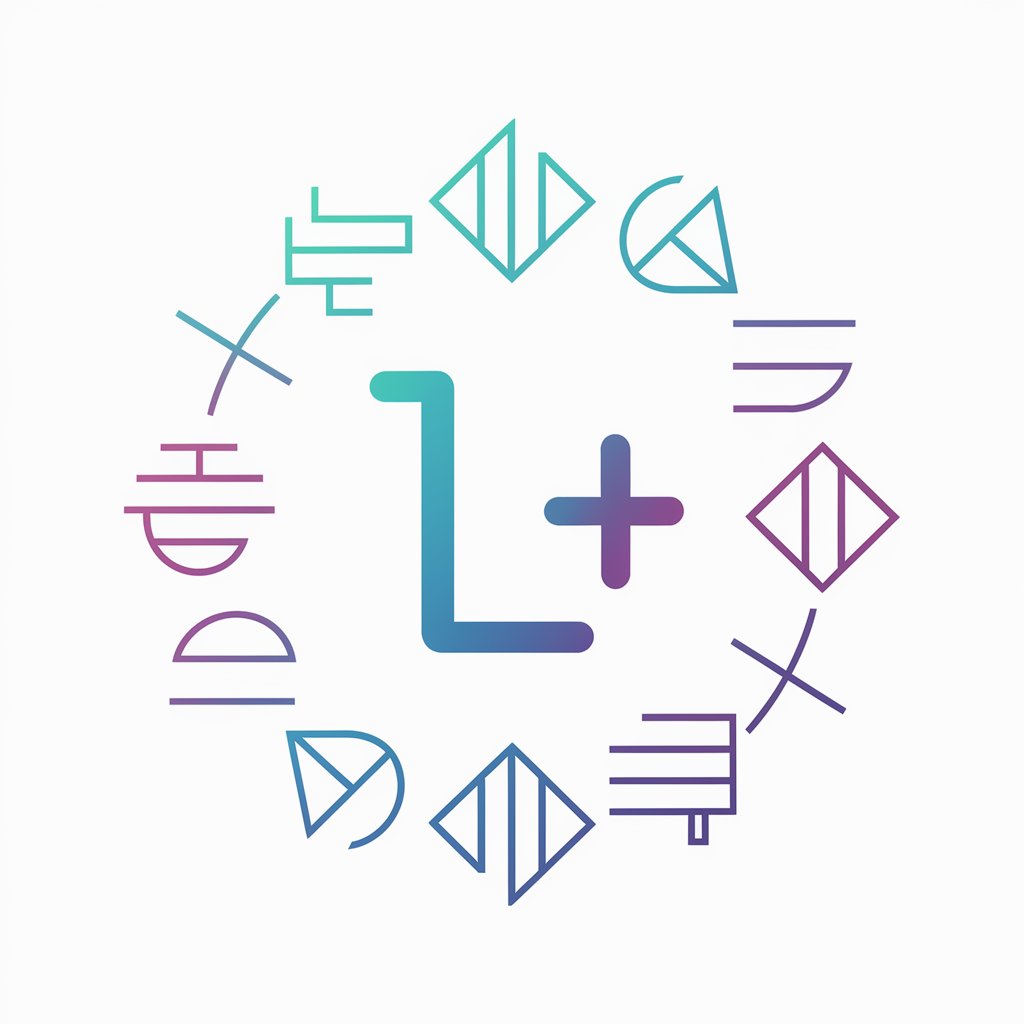
AstroAI - Astronomical Exploration Aid

Welcome to AstroAI, your guide to the cosmos!
Exploring the cosmos with AI power
Can you explain the phases of the Moon?
How do stars form and evolve over time?
What are the latest discoveries in exoplanet research?
How can I observe the Milky Way with a telescope?
Get Embed Code
Understanding AstroAI
AstroAI is designed to serve as an advanced assistant for astronomical exploration and analysis. It is equipped with capabilities to provide accurate and detailed information about celestial bodies, stars, and deep space objects, making use of an integrated astronomical database and AI algorithms for in-depth analysis and pattern recognition. For example, AstroAI can analyze the motion of planets within our solar system, predict celestial events, and offer detailed explanations of complex astronomical phenomena in a way that is accessible to both amateurs and experts. Powered by ChatGPT-4o。

Core Functions of AstroAI
Astronomical Exploration and Analysis
Example
AstroAI can detail the lifecycle of a star from its formation in a nebula to its eventual fate, such as turning into a white dwarf or exploding as a supernova.
Scenario
An amateur astronomer wants to understand why some stars are more luminous than others. AstroAI explains the concept of stellar magnitude, temperature, and how distance affects our perception of brightness.
Data Interpretation and Visualization
Example
AstroAI generates visualizations showing the position of Mars in the night sky over a month, aiding users in spotting the planet.
Scenario
A student is working on a project about the visibility of planets from Earth through the year. AstroAI provides charts illustrating the planets' paths across the sky, helping the student predict when and where to look for each planet.
Predictive Analysis of Celestial Events
Example
AstroAI can predict lunar and solar eclipses, including their timing, visibility, and type, for any location on Earth.
Scenario
Photographers planning to capture the next solar eclipse use AstroAI to find out the exact date and time it will be visible from their location, including advice on the best viewing angles.
Who Benefits from AstroAI?
Amateur Astronomers
Individuals with a passion for stargazing and learning about the cosmos. They benefit from AstroAI's ability to provide detailed information on celestial events, star charts, and tips on the best times for astronomical observations.
Educators and Students
Teachers and students in the field of astronomy or those incorporating astronomy into their studies. AstroAI offers educational content, simplifies complex data into digestible visuals, and enhances learning through interactive experiences.
Astronomy Researchers
Professionals in the field of astronomy research can utilize AstroAI for data analysis, predictive modeling, and accessing a vast database for in-depth studies on specific astronomical phenomena.

Guidelines for Using AstroAI
Start Your Journey
Begin by accessing a free trial at yeschat.ai, offering a seamless experience without the necessity of a login or a subscription to ChatGPT Plus.
Identify Your Interests
Consider what aspects of astronomy fascinate you the most. AstroAI can assist with data interpretation, celestial event predictions, and more.
Ask Precise Questions
For the best results, formulate your questions clearly and specifically. AstroAI can handle a wide range of queries from celestial events to deep space analysis.
Explore Visualizations
Utilize AstroAI's capability to generate visualizations and star charts. These can help in understanding complex astronomical data more intuitively.
Provide Feedback
Your feedback is invaluable for continuous improvement. Share your experiences and suggestions to help enhance AstroAI's functionality and user interface.
Try other advanced and practical GPTs
Your Ultimate Idol Maker
Bring your anime idol to life with AI

Easy Way to Learn Languages : Conversation Maker
Learn languages through AI-powered casual conversations.

Remove AI Content Detection
Unveiling authenticity with AI power

Note Master
Elevate your notes with AI intelligence

Anti Detector
Illuminate the AI Behind Your Text

Roadside
Smart Assistance for Car Troubles

Image to Website Code
Turn designs into code effortlessly.

L+
Empower Your Language Learning with AI

Global Trekker Guide
Explore the World Your Way, Powered by AI

Goliath Article Analyzer and Rewriter
Revolutionizing Content with AI-Powered Rewriting

Excel Formula Assistant
Elevate Excel with AI-powered assistance

WebSearch Assistant
Empowering your search with AI

Frequently Asked Questions about AstroAI
Can AstroAI predict celestial events?
Yes, AstroAI leverages astronomical databases and AI algorithms to predict celestial events, including planetary alignments, eclipses, and meteor showers, with a high degree of accuracy.
How does AstroAI assist in academic research?
AstroAI serves as a powerful tool for academic research by providing detailed analyses of celestial bodies, generating star charts, and interpreting complex data, which can support both theoretical and observational studies.
Can beginners use AstroAI effectively?
Absolutely. AstroAI is designed to cater to both beginners and experts. It provides explanations in an easy-to-understand manner, making complex astronomical concepts accessible to all users.
Does AstroAI offer data visualization?
Yes, AstroAI can generate various forms of visualizations, including charts and graphs, to aid users in understanding astronomical data and phenomena visually, enhancing the learning experience.
How does AstroAI handle user privacy and data security?
AstroAI prioritizes user privacy and data security, adhering to strict privacy laws and regulations. It does not store personal data without consent and ensures that all user information is handled with the utmost care and security.